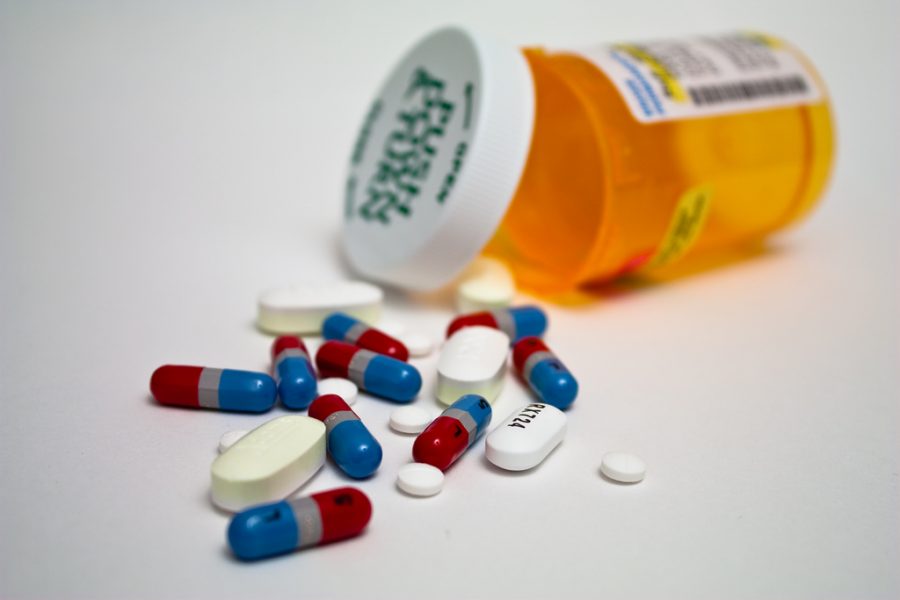The Conspiracy Column
Big lies for Big Pharma
Being one of the most demanded products in the world, prescription drugs are continuing to be improved and created. As suspicion surrounds how reliable these drugs can be, U.S. citizens are beginning to question the integrity of pharmaceutical companies
February 1, 2017
There is a prescription drug for almost any illness or discomfort out there. From antibiotics, to pain killers, to ADHD pills, pharmaceutical companies have got you covered- well, apparently. For years, the credibility of the big pharmaceutical industry has been questioned. Big Pharma, the nickname given to the pharmaceutical industry in the US, is one conspiracy that people pay more attention to, seeing that it affects a person’s health. There are several different theories that revolve around this conspiracy, and they all have one thing in common: Big Pharma is only interested in the well being of themselves.
The U.S accounts for 42 percent of the money spent on prescription drugs out of the whole world and has a 30 percent profit margin. With America being a free capitalism, it is no surprise why some companies might take advantage of the public to become wealthy. This is what many believe is happening with the pharmaceutical industry. These drug companies are accused of withholding cures from the public, creating maladies, and renaming old drugs, all leading it to a richer status.
The US and New Zealand are the only countries that allow prescription drugs to be advertised. This seems like a good-natured idea, but some view it as a way to gain more profits. Additionally, pharmaceutical companies in the U.S. have four times as many defense contractors lobbying in Washington than any other company. Lobbyists are activists who attempt to persuade members of the government, most usually Congressmen, to enact legislation that would benefit their group. There are currently more than 1,100 paid lobbyists in DC.
In the past 10 or so years, many clinical trials have been conducted for threatening diseases like Alzheimer’s, cancer, HIV/AIDS, shingles, and many more. Research is critical in the medical field, but clinical trials have shades of gray that not everyone can see. For example, corporations are not required to disclose results of the clinical trials, whether they were successful or not. This raises the question, what is there to hide? Sophomore Patricia Mera thinks, “I don’t understand why these companies can’t just give us the results, unless they do not want us to find out something. I want to know that any prescription my family, and I are taking is 100 percent safe and for our benefit.”
One major trade group caught in this conspiracy is Pharmaceutical Research and Manufacturers of America. The PRMA uses advertising to sway lawmakers, the FDA, and the public to raise consumers’ health fears. Nothing brings a drug company more money than scared citizens. They also have a track record of hiring former government workers with valuable connections to gain political influence.
Taking massive companies with net worths of over millions and millions of dollars to court is not the best idea for the average worker. For this reason, it may be years before any research goes into just how much these companies really have our backs. Whether they do or not, people should always be aware of what they are putting into their bodies.












